As LGBTQ+ History Month draws to a close this October, we reflect on the struggles, progress, and ongoing advocacy of LGBTQ+ communities, especially in Nigeria and Africa. Colonial narratives sought to erase these identities, but spoiler alert, African societies have long recognized and celebrated gender and sexual diversity. Reclaiming this history is important, reminding us that queerness is neither new nor foreign to African culture.
Pre-Colonial Africa: A Legacy of Gender and Sexual Diversity
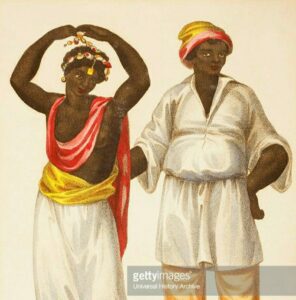 Before colonialism, many African societies, including those in Nigeria, embraced diverse understandings of gender and sexuality. These societies developed social systems that recognized people outside the male-female binary, challenging Western concepts of gender. In the 16th century, the fully militarized community of the Imbangala people in Angola had “men in women’s apparel, with whom they kept amongst their wives.” Meanwhile, King Henry VIII in England was criminalizing sex between males with the Buggery Act of 1533.
Before colonialism, many African societies, including those in Nigeria, embraced diverse understandings of gender and sexuality. These societies developed social systems that recognized people outside the male-female binary, challenging Western concepts of gender. In the 16th century, the fully militarized community of the Imbangala people in Angola had “men in women’s apparel, with whom they kept amongst their wives.” Meanwhile, King Henry VIII in England was criminalizing sex between males with the Buggery Act of 1533.
Even King Mwanga II, an openly gay monarch in present-day Uganda, had same-sex relationships which colonial missionaries later condemned. And the Zande warriors of Sudan? They engaged in same-sex relationships as social bonding. Queerness and fluidity were part of Africa’s cultural fabric long before colonization.
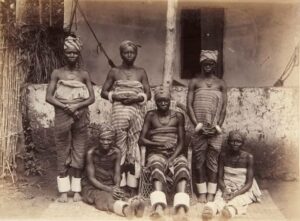 The Igbos of Nigeria recognized “female husbands,” a practice where women took on male social roles to marry other women for economic or familial purposes. Talk about challenging Western gender norms! Similarly, the Yoruba people had priests and priestesses of the Orishas, some of whom embodied traits associated with multiple genders. This fluidity was accepted and respected in religious spaces, where gender was seen as a divine spectrum rather than a fixed binary. (Amadiume, 1987)
The Igbos of Nigeria recognized “female husbands,” a practice where women took on male social roles to marry other women for economic or familial purposes. Talk about challenging Western gender norms! Similarly, the Yoruba people had priests and priestesses of the Orishas, some of whom embodied traits associated with multiple genders. This fluidity was accepted and respected in religious spaces, where gender was seen as a divine spectrum rather than a fixed binary. (Amadiume, 1987)
Colonialism and the Criminalization of Homosexuality
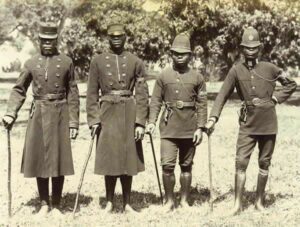 Colonialism brought laws against same-sex relationships to Africa. British colonizers imposed laws against “unnatural offences,” with the British Penal Code’s Section 377 serving as a blueprint for many African anti-LGBTQ+ laws, including Nigeria’s (Amory, 1997). After independence, Nigeria clung to these colonial-era laws. In 2014, the Same-Sex Marriage (Prohibition) Act (SSMPA) upped the ante with stricter penalties, criminalizing same-sex unions and any public expression of same-sex relationships or LGBTQ+ organizations. Offenders face up to 14 years in prison making SSMPA one of the harshest anti-LGBTQ+ laws globally (Human Rights Watch, 2016).
Colonialism brought laws against same-sex relationships to Africa. British colonizers imposed laws against “unnatural offences,” with the British Penal Code’s Section 377 serving as a blueprint for many African anti-LGBTQ+ laws, including Nigeria’s (Amory, 1997). After independence, Nigeria clung to these colonial-era laws. In 2014, the Same-Sex Marriage (Prohibition) Act (SSMPA) upped the ante with stricter penalties, criminalizing same-sex unions and any public expression of same-sex relationships or LGBTQ+ organizations. Offenders face up to 14 years in prison making SSMPA one of the harshest anti-LGBTQ+ laws globally (Human Rights Watch, 2016).
Resilience and Activism
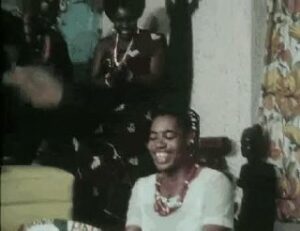 In the 1970s, Area Scatter, a Nigerian highlife musician and cross-dresser, defied gender norms in a time of increasing repression. He dressed in women’s clothing and captivated audiences with his flamboyant performances. Area Scatter’s existence was a testament to the enduring spirit of resistance. And almost 5 decades later, LGBTQ+ Nigerians are still fighting back through visibility, advocacy, and community-building. In 2004, Bisi Alimi bravely came out on national TV, becoming the first Nigerian to do so publicly, sparking a visible movement that inspired many to embrace their identities. (CGTN America, 2015).
In the 1970s, Area Scatter, a Nigerian highlife musician and cross-dresser, defied gender norms in a time of increasing repression. He dressed in women’s clothing and captivated audiences with his flamboyant performances. Area Scatter’s existence was a testament to the enduring spirit of resistance. And almost 5 decades later, LGBTQ+ Nigerians are still fighting back through visibility, advocacy, and community-building. In 2004, Bisi Alimi bravely came out on national TV, becoming the first Nigerian to do so publicly, sparking a visible movement that inspired many to embrace their identities. (CGTN America, 2015).
Our African history shows us that gender and sexual diversity have always been part of our identity. The notion that queerness is “un-African” is a colonial lie. Today, LGBTQ+ Nigerians are reclaiming this legacy and fighting for equality, despite legal and social challenges and possible consequences.
Help Us Make History:
- We’d love to hear from you! Did you know that there’s always been LGBTQ representation in African history? Talk to us on social media
- Support the Bisi Alimi Foundation in continuing to provide education, social awareness and acceptance, and advocating for policy changes for LGBTQ+ rights in Nigeria.


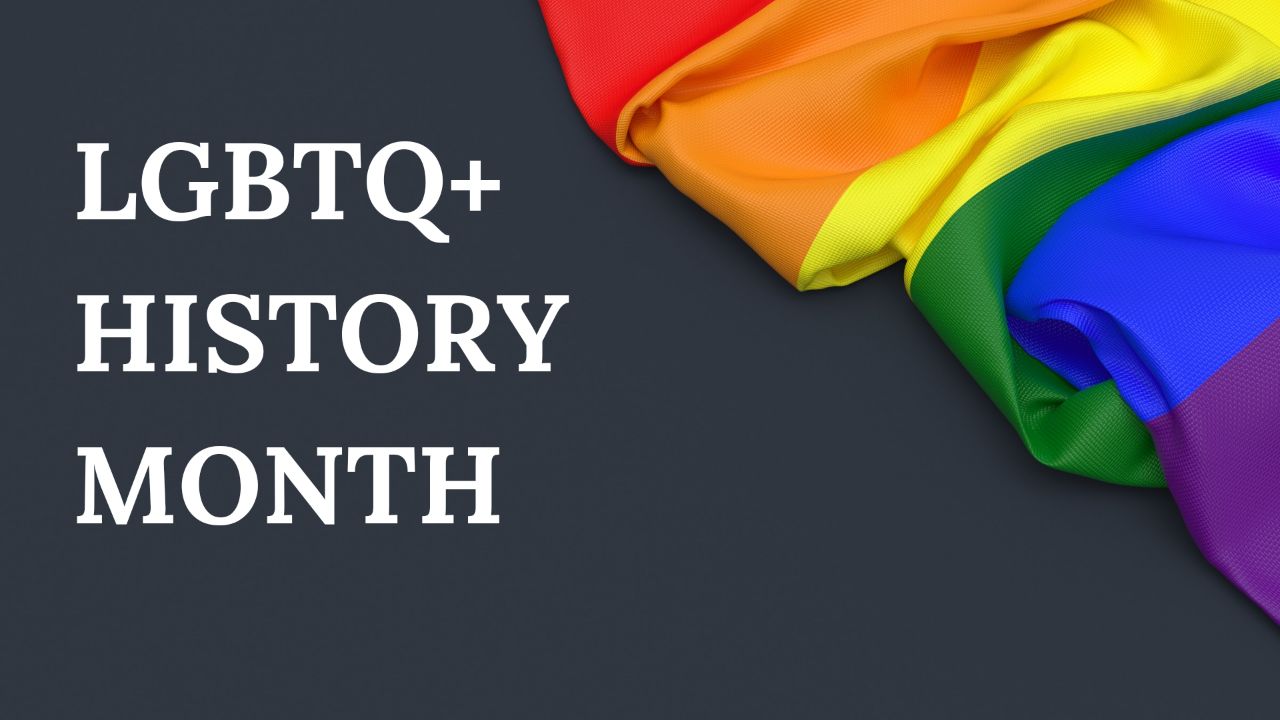
Recent Comments